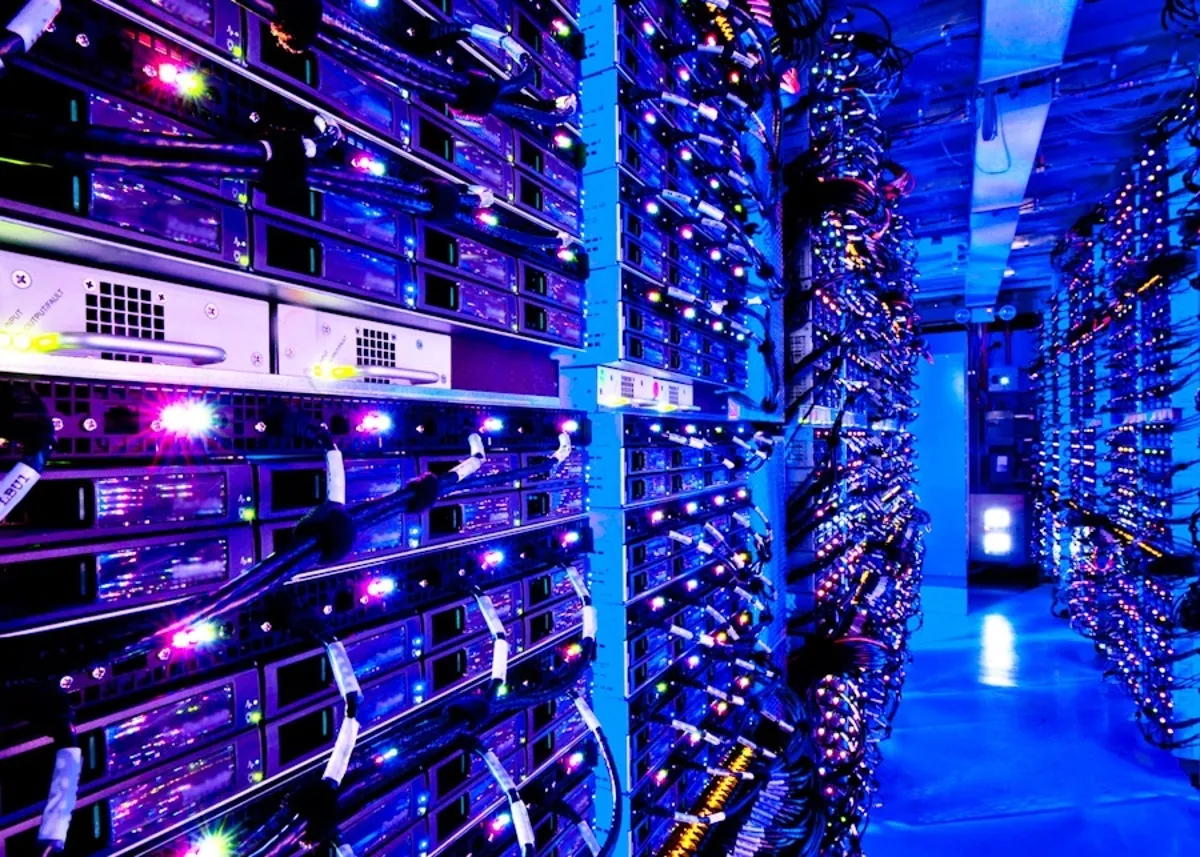Artificial intelligence (AI) chip makers Sapeon Korea and Rebellions have signed a definitive merger agreement as the companies, backed by some of South Korea’s biggest firms, seek to challenge semiconductor heavyweights such as Nvidia.
The companies, which began merger negotiations in June, said the post-merger firm would be named Rebellions and would be headed by Rebellions chief executive Park Sung-hyun.
The deal is expected to close later this year.
Sapeon, spun out of SK Telecom’s internal research and development group in 2016, is backed by groups including SK Square and SK Hynix, the world’s second-biggest memory chip manufacturer, as well as SK Telecom itself.

Data centre processors
It launched its first AI data centre chip in 2020 and launched the X330 chip last November.
Rebellions, founded in 2020, received a $15 million (£11m) from Wa’ed Ventures, a venture capital unit of Saudi Aramco, in July, which it said brought its total funding to more than $225m.
It began mass production of its Atom AI chip this year and plans to launch the next-generation unit Rebel by the end of 2024.
SK Telecom chief Ryu Young-sang said the deal would “greatly enhance our global position in AI semiconductors”.
Park Sung-hyun, co-founder and chief executive of Rebellions, said the deal would help South Korea extend its chip leadership “into the realms of logic chips and AI”.
“Our goal now is to emerge as a leading force in the worldwide AI chip market, navigating the intense industry competition,” he said.
Power-efficient AI chip
Rebellions launched its Atom chip early last year in an effort to challenge market leader Nvidia with a chip tailored for specific tasks, in this case computer vision and chatbot AI applications.
The company had earlier launched its Ion chip, aimed at fintech applications.
The tailored design allows Atom to consume 20 percent of the power of an Nvidia A100 chip, according to the company.
But it isn’t suitable for the power-intensive process of training an AI language model, such as the one that powers the popular ChatGPT chatbot, the company said.
Rebellions received a 30 billion won (£19.6m) strategic investment from Korea Telecom (KT) in 2022 and plans to work with KT to bid for a government plan to create two neural processing unit-focused data centres for which only domestic suppliers are allowed to bid.




